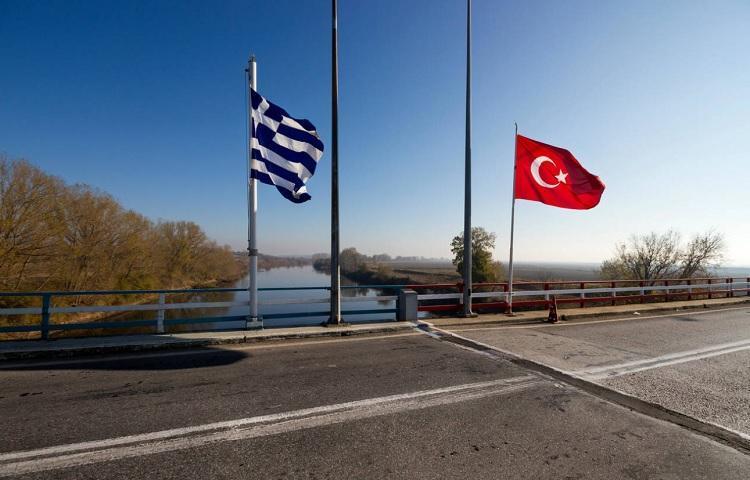
Alamy Photo
In a tense environment posed by the recent developments in the eastern Mediterranean, a plethora of reasonable ideas and suggestions have been raised by jurists and scholars to submit the problems between Greece and Turkey for settlement to the International Court of Justice (ICJ). Within the framework of these recommendations, it is worthwhile to briefly recall the position and reservations of Greece regarding the jurisdiction of the ICJ.
According to the Statute of the ICJ, the jurisdiction of the Court over international disputes is not compulsory. States are free to decide whether the ICJ would handle a dispute to which they are a party. The Statute stipulates that parties to the Statute of the Court may “at any time declare that they recognize as compulsory ipso facto and without special agreement, in relation to any other State accepting the same obligation, the jurisdiction of the Court.”
As per the ICJ website, Greece accepted the jurisdiction of the ICJ in 2015 with a long list of reservations, which constitute the core problems of the Turkish-Greek dispute in the Aegean. In order to better understand the intention of these reservations, the relevant part of the Greek declaration of Feb. 14, 2015, regarding the jurisdiction of the ICJ is cited below:
a) any dispute relating to military activities and measures taken by the Hellenic Republic for the protection of its sovereignty and territorial integrity, for national defense purposes, as well as for the protection of its national security;
b) any dispute concerning State boundaries or sovereignty over the territory of the Hellenic Republic, including any dispute over the breadth and limits of its territorial sea and its airspace;
c) any dispute in respect of which any other party to the dispute has accepted the compulsory jurisdiction of the Court only in relation to or for the purpose of that dispute; or where the acceptance of the Court’s compulsory jurisdiction on behalf of any other party to the dispute was deposited or ratified less than twelve months prior to the filing of the application bringing the dispute before the Court.
Through these reservations, Greece excludes the disputes regarding the “breadth and limits of its territorial sea and its airspace” and the “military activities and measures taken by the Hellenic Republic for the protection of its sovereignty and territorial integrity, for national defense purposes, as well as for the protection of its national security.” By way of this declaration, Greece clearly excludes its illegal militarization of the demilitarized islands, and its strange unilateral claim of 10 nautical miles (NM) national airspace in Aegean despite claiming six NM territorial waters in the list of disputes between itself and Turkey.
Additionally, Greece implicitly announces its intention to extend its territorial waters in Aegean over six NM, which has been considered as casus belli by the Turkish Grand National Assembly by its decision of June 8, 1995.
Greece, through this declaration, reduces all the disputes in the Aegean to one issue, namely the continental shelf delimitation. In fact, the Greek Foreign Ministry website in this respect states: “…Within this framework, Greece is pursuing the resolution of the only outstanding difference between Greece and Turkey, namely the delimitation of the continental shelf, in accordance with regulations of international law and specifically the law of the sea…”
It is possible to say that this position of Greece makes it almost impossible to solve the problems in the Aegean through international legal means.
*Teoman Ertuğrul Tulun is an analyst at the Center for Eurasian Studies (AVİM)